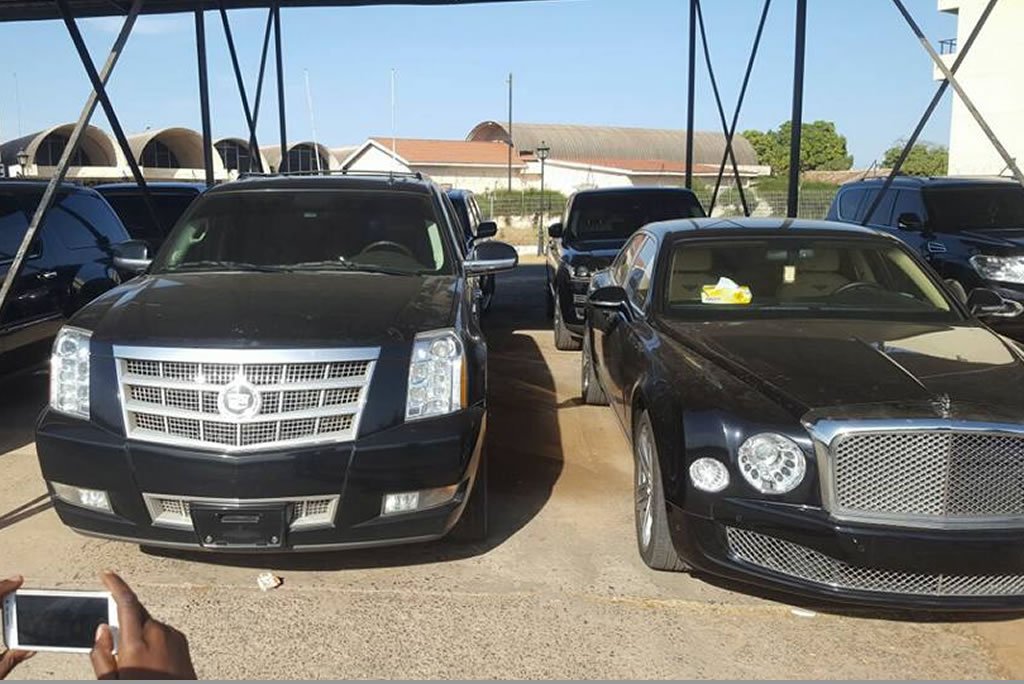
This is no longer just a lawsuit. It is a test of our national conscience. A measure of how far we’ve come since the Jammeh era or how far we’re willing to regress when the truth gets too uncomfortable.
Amie Bensouda, with all due respect to her professional credentials, must be reminded: you do not sue your way out of accountability. The moment you step into public service, especially as lead counsel in a multimillion dalasi asset recovery exercise, you owe the Gambian people answers, not lawsuits.
Alhaji Mamadi Kurang, whether you agree with his tone or not, has raised questions the nation has a right to ask: • Who bought Jammeh’s assets?
• Under what terms?
• Were those sales politically influenced?
• And why, to this day, is there no comprehensive public register of the transactions?
That is not defamation. That is democracy in action.

When a former public official starts asking hard questions about transparency, the appropriate response from those implicated is clarity, not court filings. This defamation suit—D144 million, no less—isn’t just excessive, it’s oppressive. It casts a chilling effect on every whistleblower, every youth activist, and every journalist daring to question the status quo.
To those invoking defamation law, here’s a reminder: truth is an absolute defense. If Kurang’s allegations are false, counter them with facts. But if they strike a nerve because they edge too close to the truth, then we must ask ourselves what exactly is being protected here.
This is not just Kurang versus Bensouda. This is a clash between two visions of governance:
One where officials are shielded by lawsuits and the public is left in the dark.
And another where institutions are held to account, even when the questions are uncomfortable.
History is watching. And let it be known, post-Jammeh Gambia cannot afford to silence those demanding transparency. We must resist the temptation to dress up power preservation as legal recourse. Justice without openness is theatre. And transitional justice without scrutiny is just another cycle of impunity.
To Amie Bensouda, I say: you don’t owe the country silence. You owe us truth. The youth aren’t asking for favours. They are demanding accountability. If you truly believe in your integrity, then face the questions. Don’t suppress them.
Let the chips fall where they may, but let them fall in the open.
By Kebba Jammeh










Recent Comments